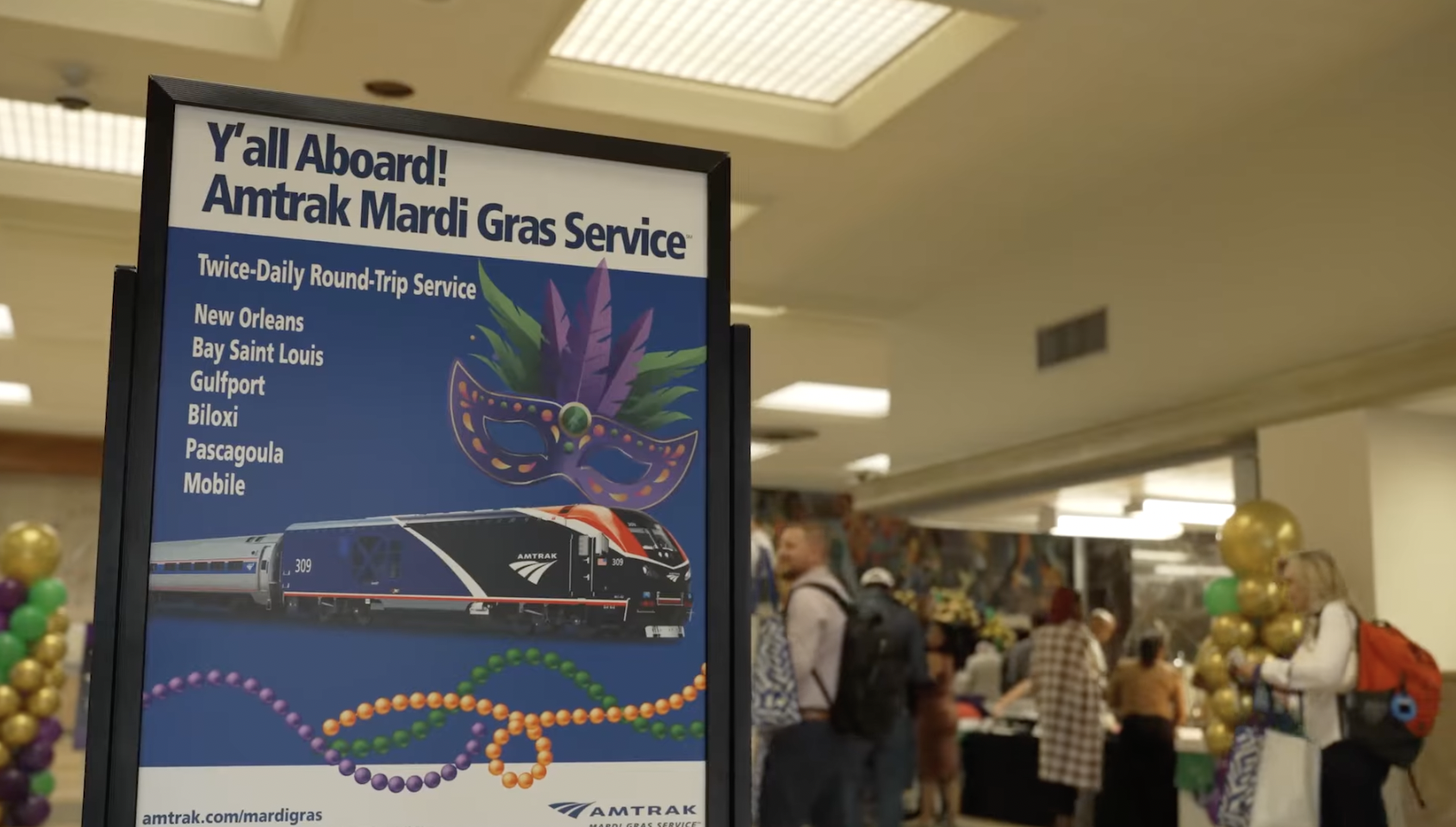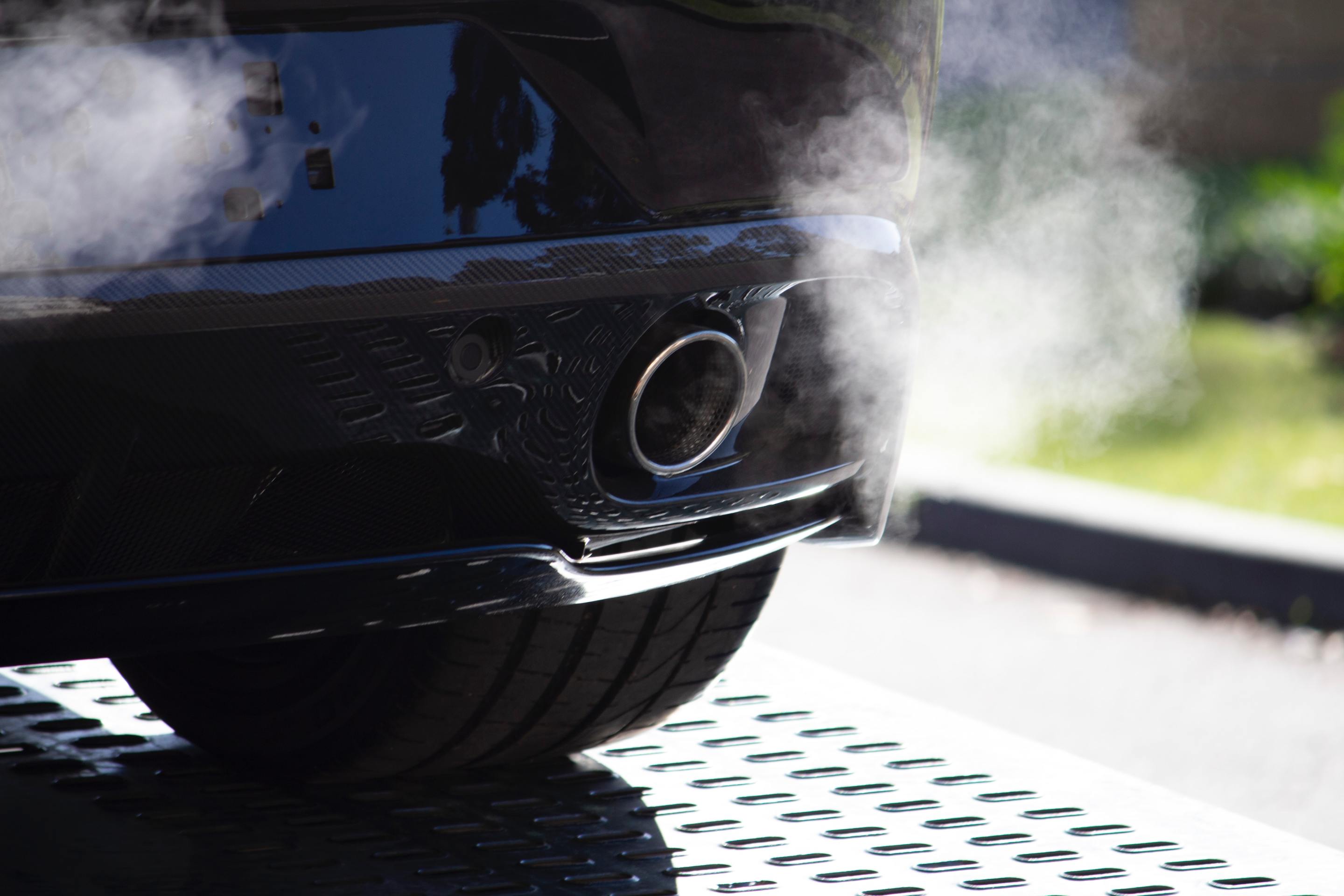
Appeals for courtesy between drivers and cyclists and pedestrians are pretty standard fare for traffic safety campaigns. In London, it's "Share the Road." In Utah, they have "Respect is a Two-Way Street." Is this the best we can do?
Robert Wright at the Invisible Visible Man was thinking this over after a taxi driver nearly struck him while he was biking in Brooklyn, prompting him to yell at the driver in a burst of adrenaline. There's a big problem, he writes, with safety messages that divide the world into drivers, cyclists, and pedestrians, then assign equal culpability to each group:
A “leave it on the road” approach to road safety suggests that the real problem is people’s malice towards each other or negative perceptions. It ignores the evidence that negligence, inattention and poor risk assessment are significant causes of car crashes. It puts the focus on vulnerable road users’ reaction to negligent driving. It suggests that all cyclists and pedestrians are somehow collectively responsible for each others’ behaviour. Motorists are helpless vessels full of potential rage that cyclists or pedestrians can make explode or safely depressurize. The approach serves no conceivable purpose other than to comfort people like the taxi driver who put me at risk. “Yes,” is the hidden message. “The real problem is those nasty, lippy cyclists.”
It’s self-evidently bizarre to argue that the solution to drivers’ killing people is to ask everyone to be nice. There is a quality-of-life argument for asking people to be calmer and more tolerant. I try when I haven’t been put in fear of my life to act considerately. But it’s hard to see that “share the road” campaigns are a better route to that destination than making the roads safe. The question is why “share the road” campaigns continue to consume energy that could be better directed elsewhere.
I suspect the answer is that transport authorities face a choice between conveying messages that are broadly popular and bringing about changes that are likely to annoy many. It’s not a surprise – though it’s certainly a disappointment -- that the former so consistently wins.
Elsewhere on the Network today: Plan Philly, examining data from a new report from Governing Magazine, finds that like in most cities, Philadelphia's poor neighborhoods see a disproportionate share of pedestrian fatalities. Bike Portland tries to envision what would happen if all the city's cyclists decided to drive one day. And the Chicago Bicycle Advocate explains a California law that requires drivers to exercise more care than pedestrians or cyclists.





